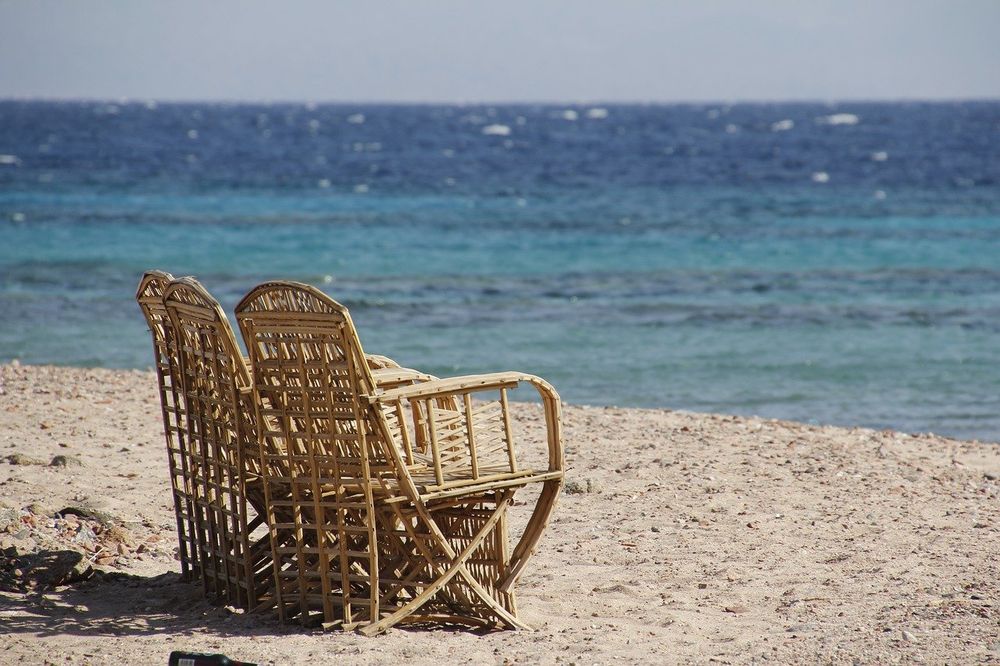Underneath its’war-torn image is a country of unique cultural heritage that would enchant even the most jaded of travelers. Liberia , formerly known as Africa’ s Grain Coast and the nation’s oldest republic, has a budding tourism and infrastructure industry would pave the way for the country’s economic and social development. It’s rich historical, cultural and environmental heritage has made the country a perfect destination for that offers cultural, ethnic, environmental, historical, recreational, and business tourism.
Intricately made artisan crafts are a usual sight all over the country. From bamboo furniture to mahogany figurines, these articles showcase the Liberian craft and artistry. The country’s dry and warm weather is countered in a lot of ways, from the refreshing West African breeze to an energizing swim in famous beaches. Historical landmarks abound in Monrovia , the capital city of Liberia . A stroll along Broad Street would give you a glimpse of the oldest Christian Church in Africa , the Providence Baptist Church , and the Executive Pavilion, which is the former residence of Liberia’ s presidents.
But nothing compares to an unforgettable trip to the Providence Island . This island not only holds the most sentimental value to its’countrymen. It was the site of one of the most defining events of the world. In 1818, the native inhabitants of Liberia island gave a portion of its land to the US government to establish a resettlement area for freed American slaves. It was in Providence Island that the first group of slaves was freed.
Located in western Africa against the Atlantic Ocean between Cote d’Ivoire and Sierra Leone , Liberia has lagoons and swamps along the coast changing to flat to rolling coastal plains rising to rolling plateau and low mountains in the northeastern region of the country.
Liberia has a very rich array of natural resources, and the 2003 peace agreement means that with UN assistance in providing stability, the country can make future plans to restore the nation’s infrastructure and bring back foreign investment. They named the land " Liberia ," which in European languages and Latin means "Land of the Free".The founding of Liberia was privately sponsored by American religious and philanthropic groups, but the colony enjoyed the support and unofficial cooperation of the United States government. Liberia’ s government, modeled after that of the United States , was democratic in structure, if not always in substance. After 1877 the True Whig Party monopolized political power in the country, and competition for office was usually contained within the party, whose nomination virtually ensured election.
Two problems confronting successive administrations were pressure from neighboring colonial powers, Britain and France , and the threat of financial insolvency, both of which challenged the country’s sovereignty. Liberia retained its independence but lost its claim to extensive territories that were annexed by Britain and France . Economic development was retarded by the decline of markets for Liberian goods in the late nineteenth century and by indebtedness on a series of loans, payments on which drained the economy.
